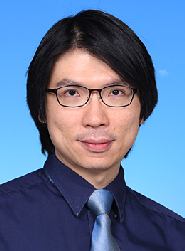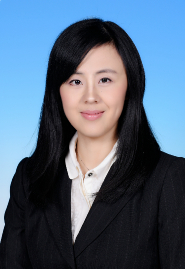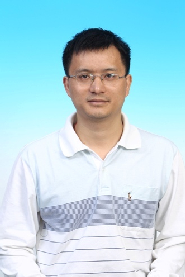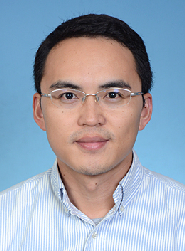
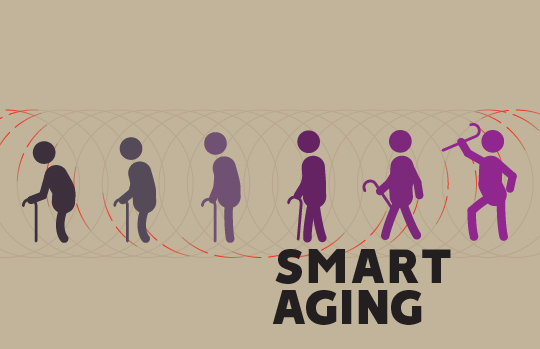
| Date: | 14 Mar 2019 |
| Time: | 12:30 pm - 2:00 pm |
| Venue: |
HKUST Business School Central 15/F, Hong Kong Club Building, 3A Chater Road, Central, Hong Kong |
| Enquires: |
Ms Angela Cheng 2358 5019 / sfl@ust.hk |


by Prof. Yiwen WANG
Brain Machine Interfaces is an exciting research area of restoring motor functions for tetraplegic patients. In this talk, Prof. Wang will cite an encouraging case of a woman who has been paralyzed for 15 years, is able to hold her own cup of coffee to enjoy with the help of a robot arm controlled by her own will - the neural activities in her brain are transferred to tiny electrodes, then being interpreted through signal processing and machine learning technology to control the prosthetic arm.
How Novel Biomaterials Can Ease Aging Kidneys
by Prof. Zhengtang LUO
Kidney is the most fragile organ in our body that easily deteriorated as we grow old. In Hong Kong, the number of cases is more than 8,000 per year and is increasing. The common treatment of kidney failure is blood purification that draw blood from a patient to go through a cartridge containing sorbent material to trap the toxic molecules. In this talk, Prof. Luo will introduce how graphene as the new material of this treatment to achieve a higher performance but at a lower cost.
Data-driven Approaches to Precision Health
by Prof. Can YANG
As most of the common diseases have a genetic component, comparing it with the inherited DNA become an important approach in health management over the past decades. In this talk, Prof. Yang will discuss how data-driven approaches can identify if a person is at high risk for a specific disease in a relative shorter time which allows better infection prevention.


